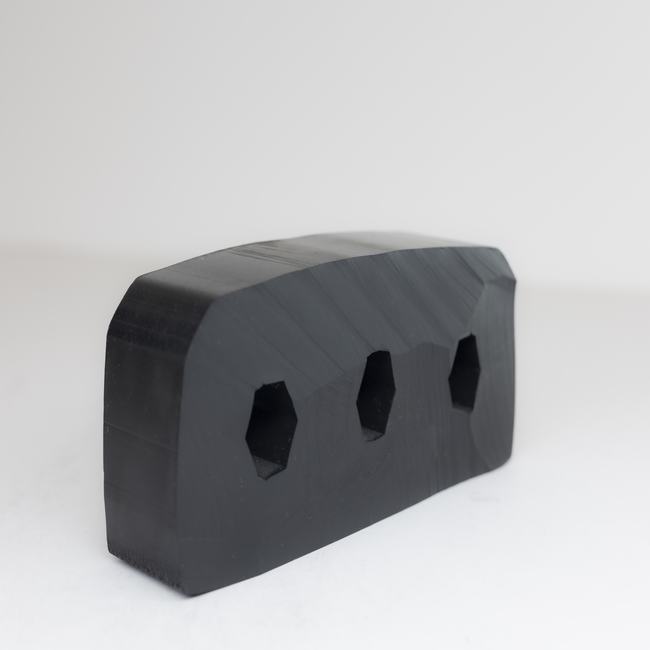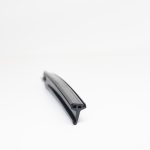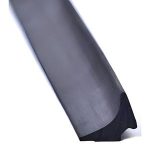Ship seals, often referred to as marine seals or shipboard seals, are critical components used in the maritime industry to prevent the ingress of water, chemicals, or other substances into various parts of a ship. These seals play a vital role in maintaining the structural integrity, safety, and functionality of vessels, as well as ensuring the environmental protection of marine ecosystems. Here’s an overview of ship seals, their types, and their applications:
Types of Ship Seals:
- Hull Seals: Hull seals are used to create watertight and airtight boundaries between different sections of a ship’s hull, compartments, and bulkheads. They prevent water from entering the vessel and help maintain buoyancy. Hull seals include various types such as:
- Hull Penetrations Seals: These seals are used around pipes, cables, and other penetrations through the ship’s hull, ensuring that no water can enter the ship through these openings.
- Hatch Seals: Hatch covers, which provide access to cargo holds, are equipped with hatch seals to prevent water from entering during adverse weather conditions or while the ship is at sea.
- Shaft Seals: Shaft seals are used in the propulsion system of ships to prevent water from entering the vessel through the shaft openings. Common types include lip seals, mechanical seals, and stuffing box seals.
- Porthole and Window Seals: Seals around portholes, windows, and other openings in the ship’s superstructure prevent water from entering the interior while providing visibility and natural light.
- Deck Seals: These seals are used to ensure the watertightness of deck openings, such as access hatches and manholes. They are crucial for maintaining the safety and integrity of the ship’s deck.
Benefits and Applications of Ship Seals:
- Safety: Ship seals are essential for the safety of the vessel and its crew. Properly sealed hulls and penetrations prevent flooding and maintain stability.
- Environmental Protection: Effective seals are vital for preventing the discharge of oil, chemicals, or other pollutants into the marine environment, helping to protect marine ecosystems and comply with environmental regulations.
- Cargo Protection: Hatch seals and other sealing systems ensure that cargo in the ship’s holds remains secure, dry, and protected from seawater.
- Energy Efficiency: Properly sealed vessels are more energy-efficient because they reduce water ingress, which can affect the ship’s weight and propulsion efficiency.
- Reduced Maintenance: Reliable seals reduce the need for costly maintenance and repairs related to water damage and corrosion.
- Buoyancy: Hull seals play a crucial role in maintaining the buoyancy of the ship, especially in case of damage or flooding.
- Operational Efficiency: Effective shaft seals and other sealing systems improve the overall performance and reliability of the ship’s propulsion system.
Ship seals are engineered to withstand the harsh marine environment, including exposure to saltwater, extreme temperatures, and pressure differentials. Regular inspection, maintenance, and replacement of seals are essential to ensure their continued effectiveness and to meet regulatory requirements for ship safety and environmental protection.







